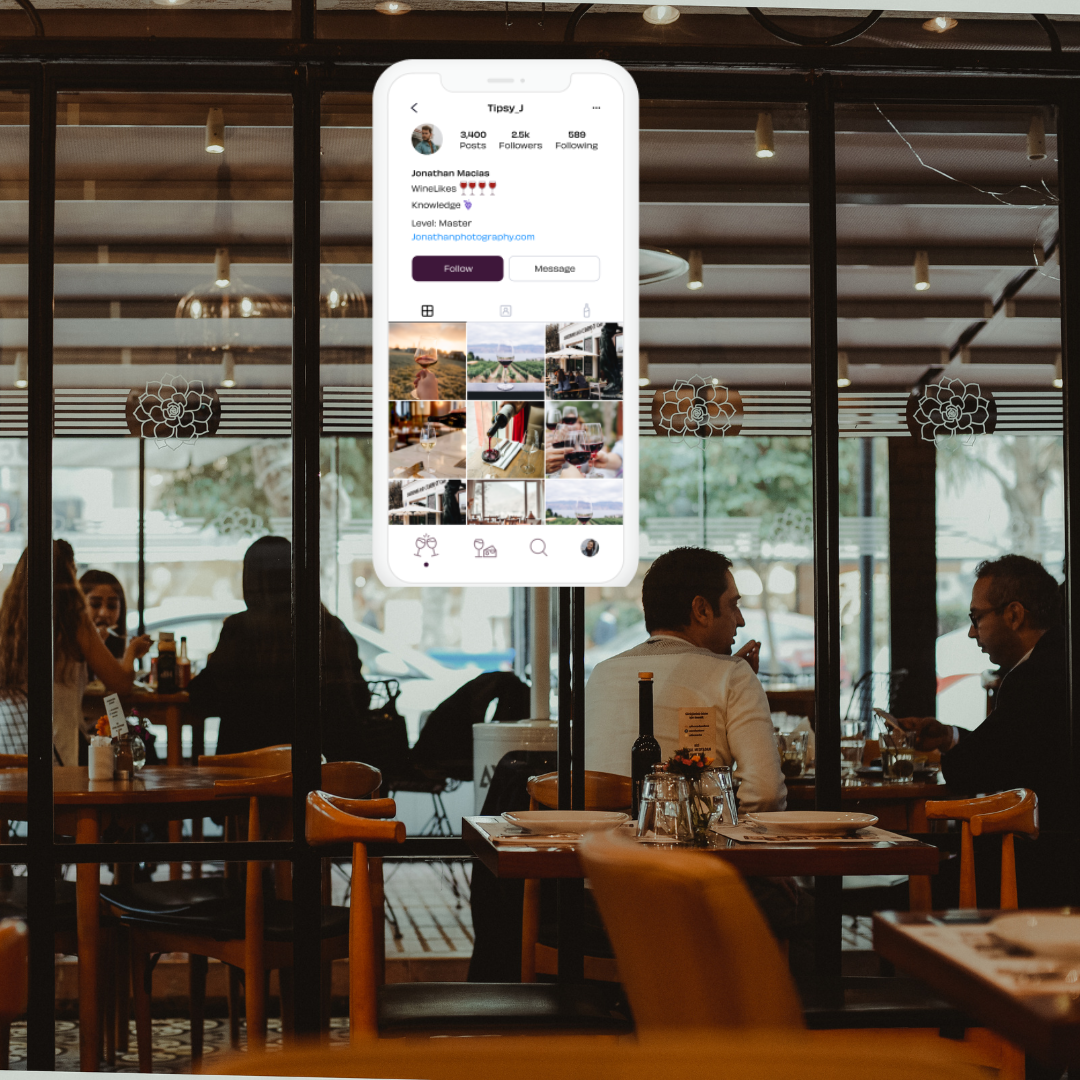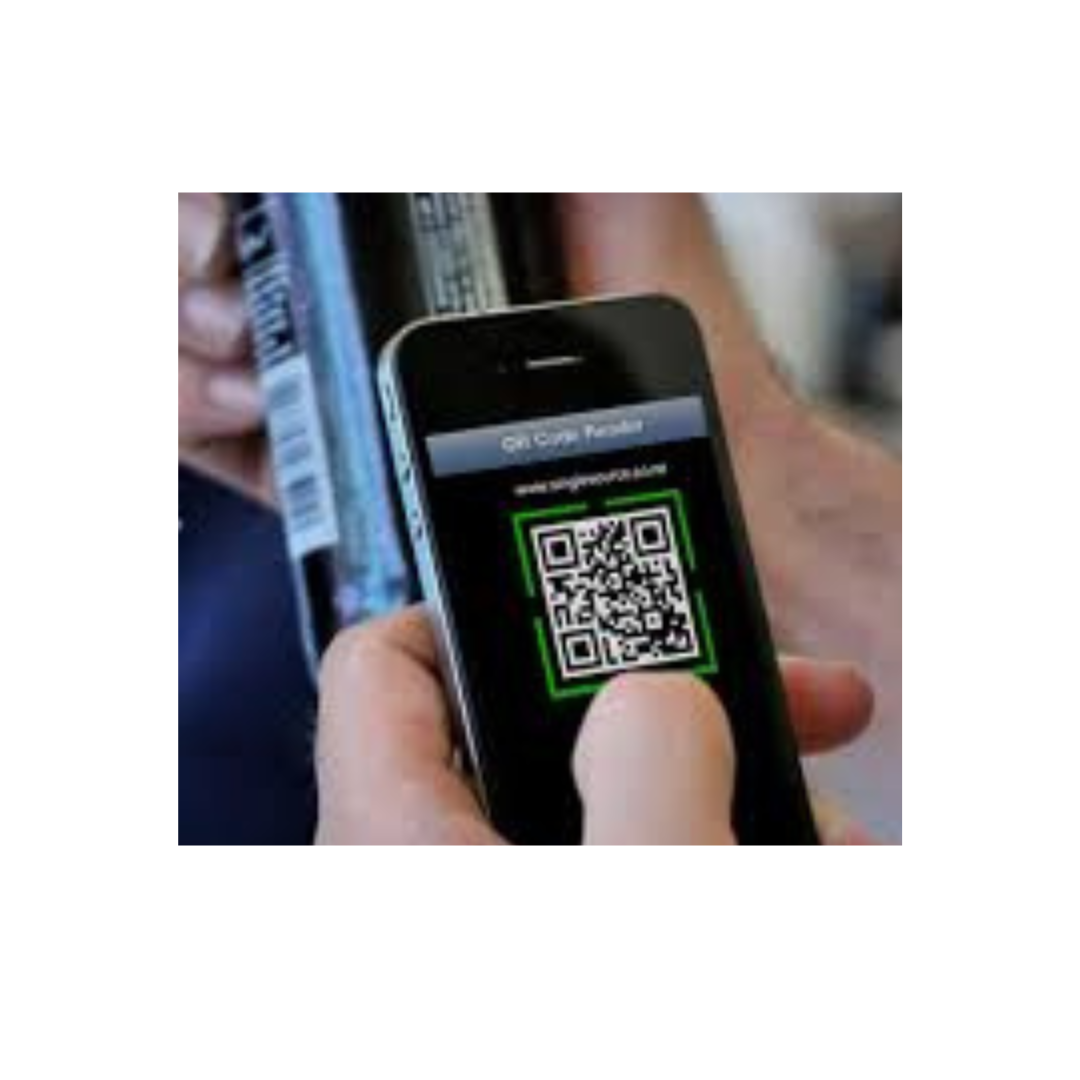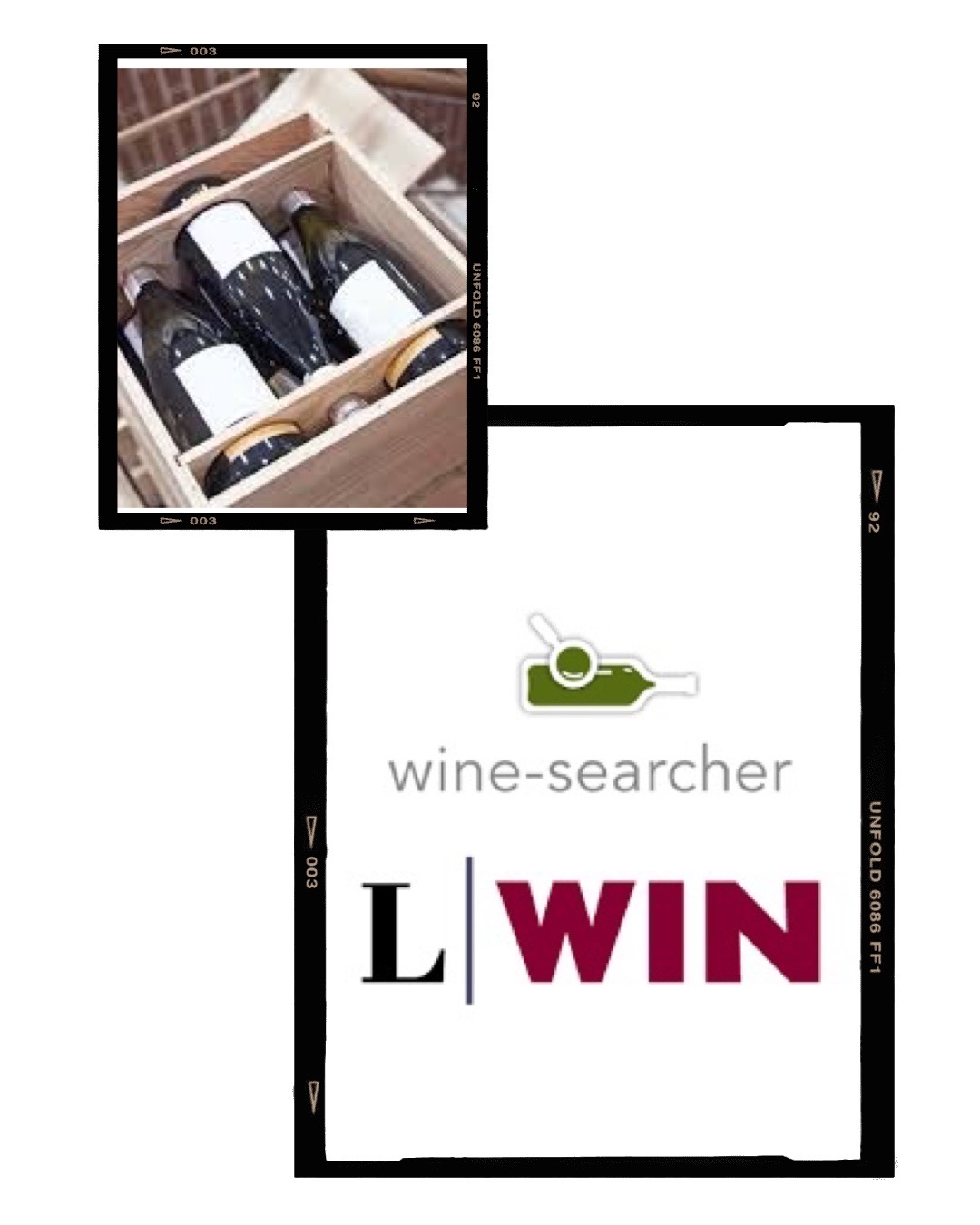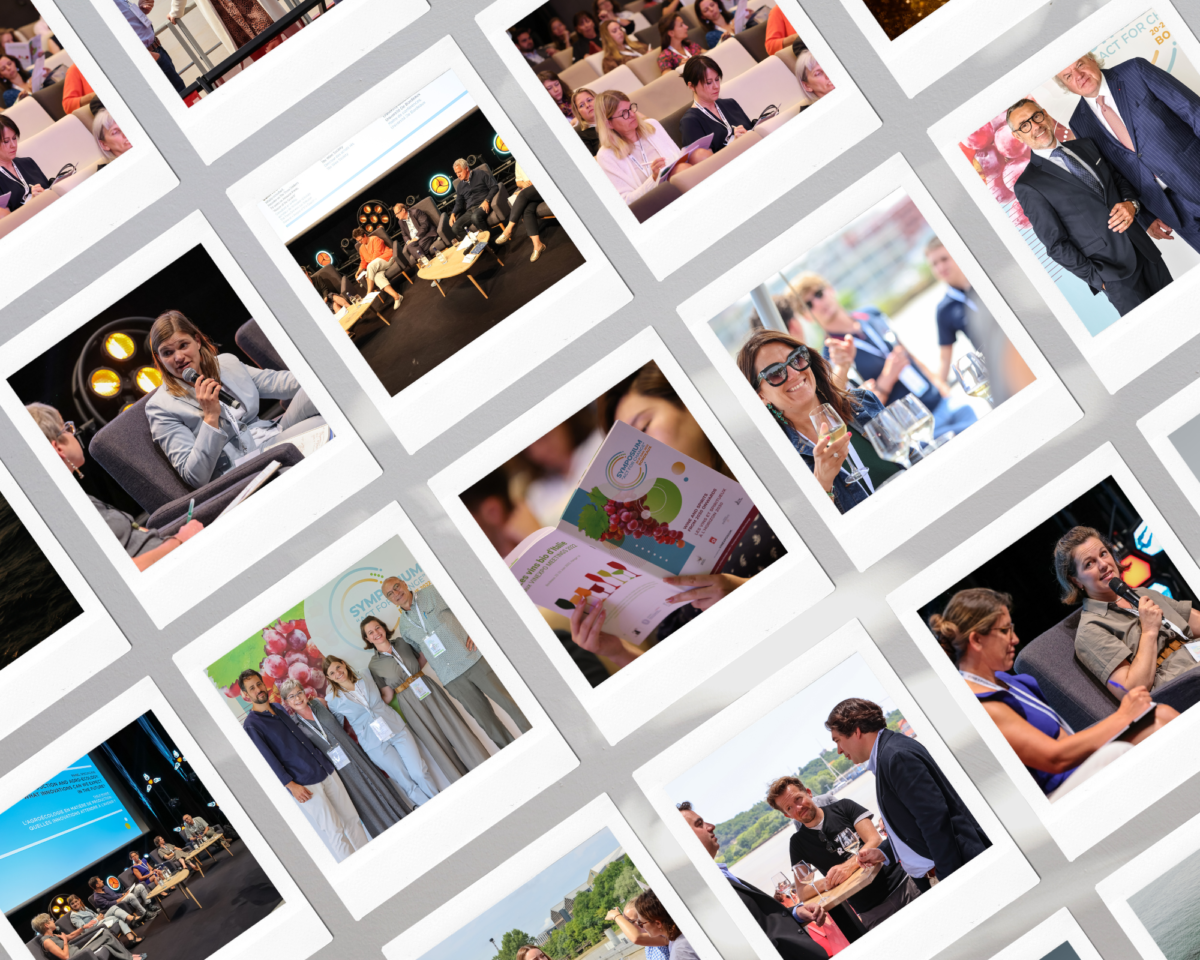The new social networking app “Winelikes” will be released as a beta version in a few weeks, connecting wine drinkers, wineries, bars and restaurants. The new app is designed to grow consumers’ wine knowledge, wine palates and help them share experiences along the way.
The app will allow you to generate a taste profile that will guide you towards the types of wines that you will most likely enjoy. As well, you can scroll through the interface and interact with the “Winelikes Community” which connects other users and locations, sharing photos and reviews.
Wineries, wine bars and restaurants will have a direct pathway to connect with customers. They will be able to target audiences within the app by easily creating advertisements and sending direct messages while also posting regularly.
Before starting Winelikes, Owner and CEO Jeff Gillis worked as a food and beverage director at numerous five-star properties. He believes the app will bring new people to wine and give current enophiles a way to chat with like-minded individuals.
“Learning about wine and finding out what you like is so difficult alone,” he said. “Our app will provide a fun way for people to discover wines that might appeal to them. They can learn more about wine through fun quizzes and conversations with others. Our simple yet modern interface makes it easy for Winelikes to serve individuals from every generation.”
Gillis also notes that Winelikes won’t use algorithms to suggest content, which differentiates it from many existing social media apps. “When you connect with others, you see their posts and not content a computer (or AI or algorithm) thinks you’re interested in,” he noted.
Gillis selected Balzac Communications and Marketing to help recruit influencers and build buzz for the app because of the firm’s expertise in both technology and wine. “Winelikes is a wine app, so it’s important to work with someone who is knowledgeable and has access to wine regions,” he said. “But we’re also a social media company that relies on technology. Balzac has the perfect balance of wine expertise and technology experience to make this company successful. Their location in the heart of wine country and connection to influential people in the industry will help us expand our reach and do it more quickly.”
“There are dozens of wine apps in the various marketplaces,” said Mike Wangbickler, president of Balzac Communications and Marketing. “Some are quite good, but none are truly social networking apps with a focus on wine. Winelikes is. Wine is a social beverage. We use it to toast to those we care about and share time with friends. The existing, big social networks are OK at connecting wine lovers and enthusiasts, but there is a ton of noise and wine is not their primary focus. With Winelikes, users can geek out as much as they want, or simply find friends with similar interests. In addition, companies selling wines have a receptive and available audience to tell their unique stories and grow their brand engagement.”




![Winechain [a NFT platform] raises €6 million for expansion](https://www.liz-palmer.com/wp-content/uploads/2022/09/Gray-2-Travel-Photos-Polaroid-Instagram-Story.png)
